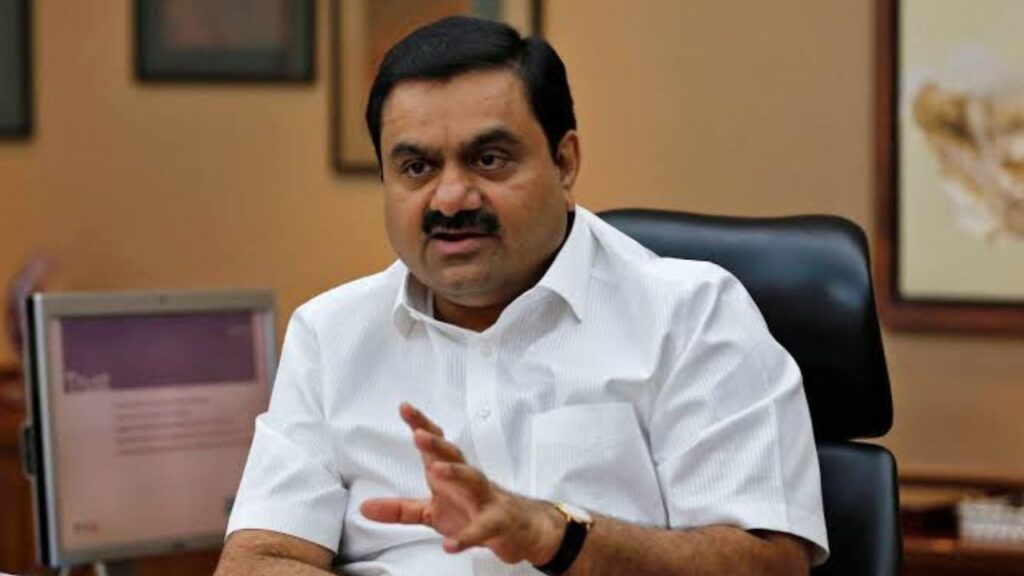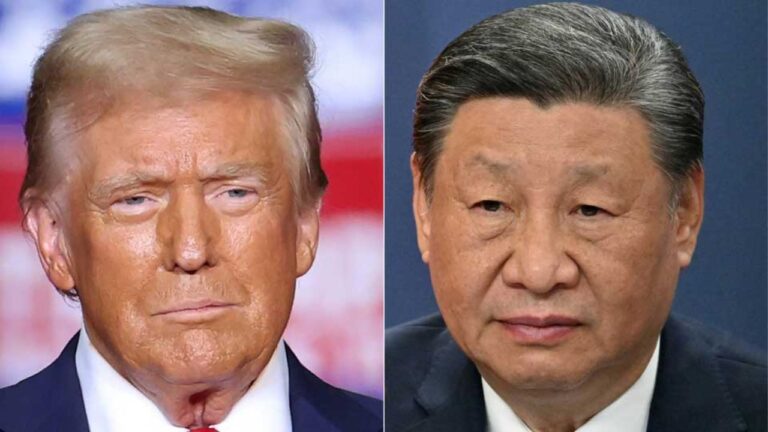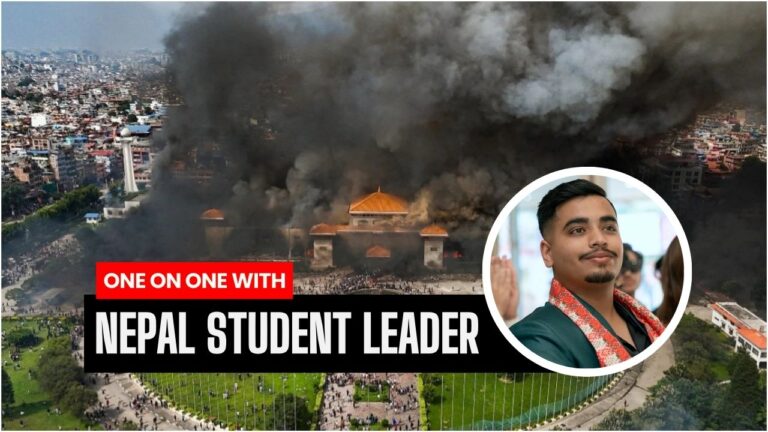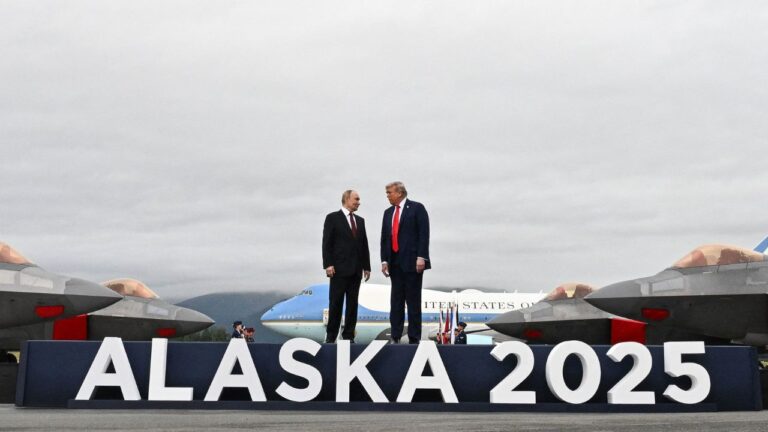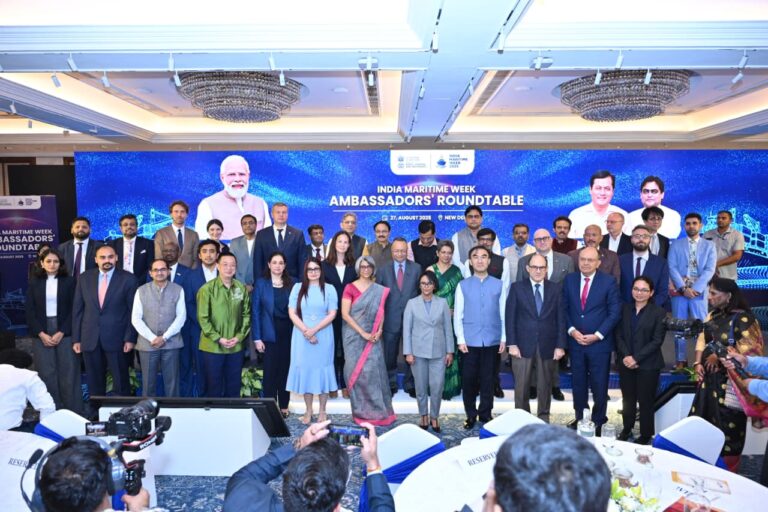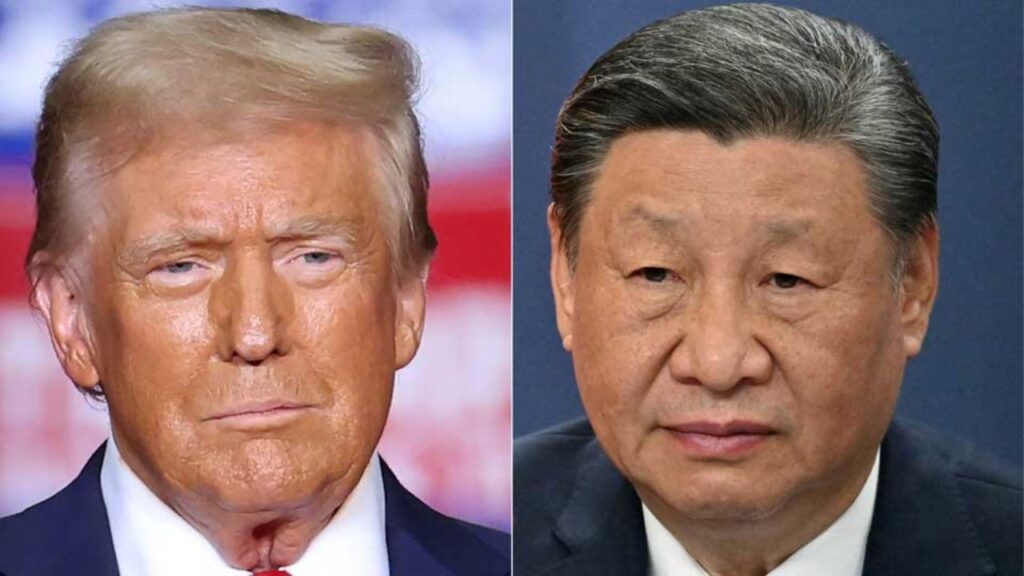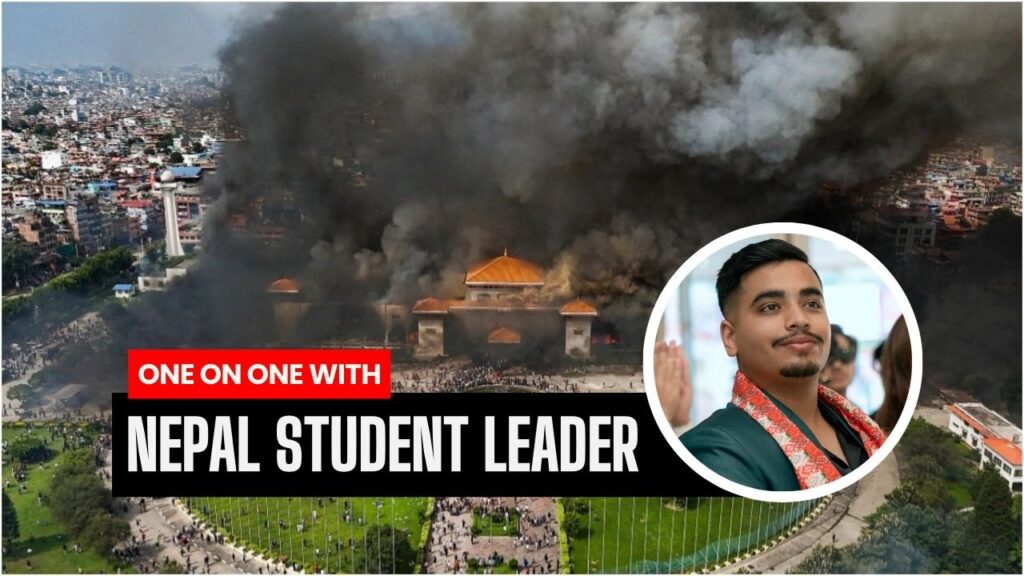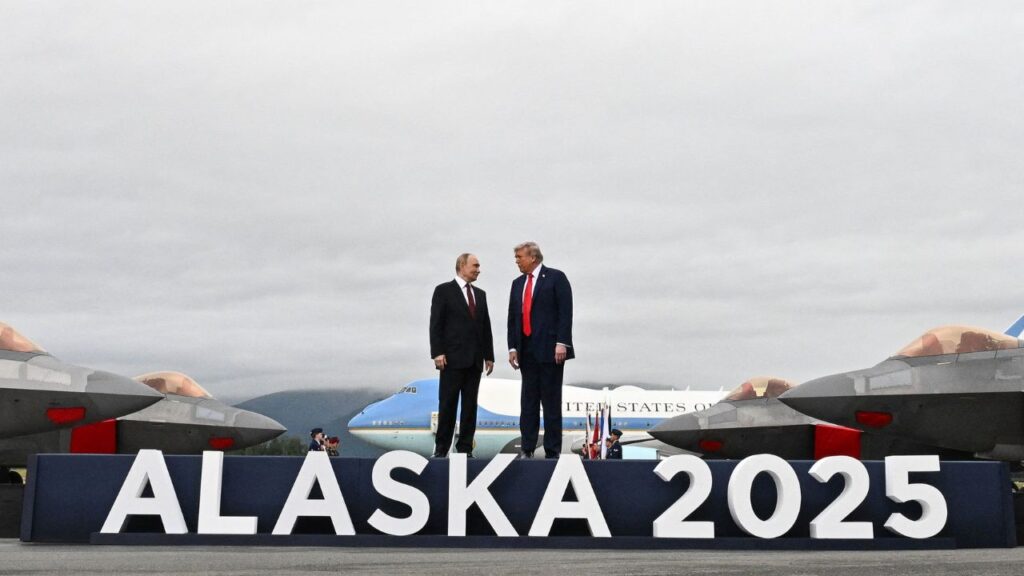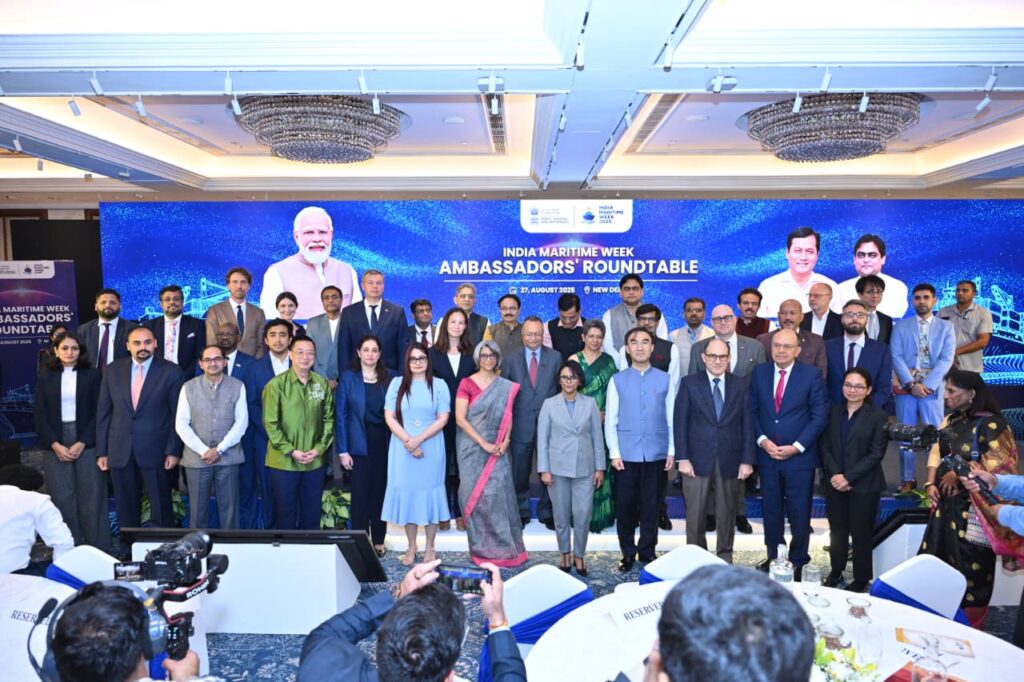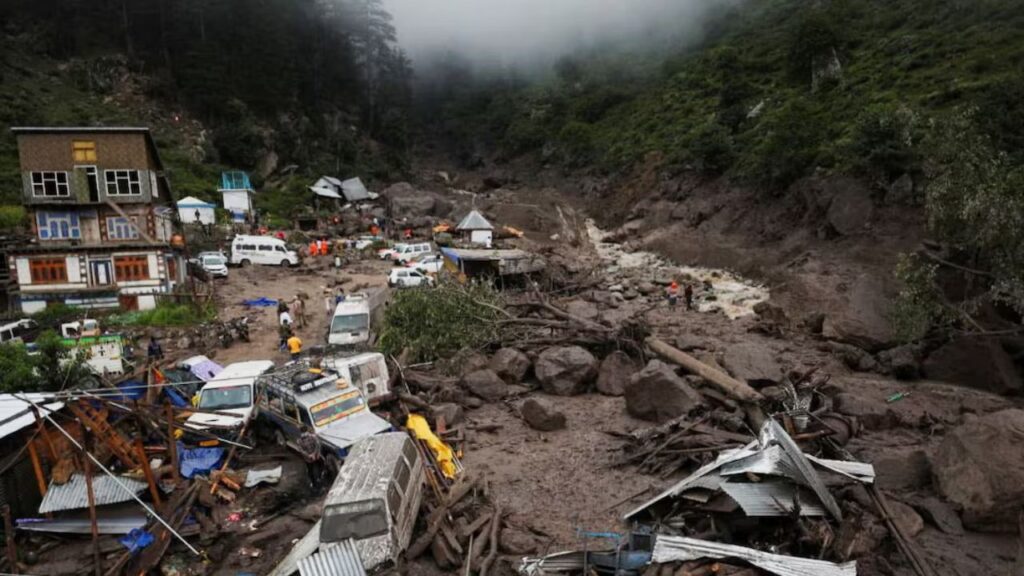The Union law ministry has asked a district court in Ahmedabad to deliver a summons issued by the US Securities and Exchange Commission to billionaire Gautam Adani over alleged securities fraud and a $265 million bribery scheme, according to a letter dated Feb 25, seen by Reuters.
The summons, which was issued under Hague Service Convention that does not allow the serving of legal documents directly to defendants in India, would require Adani or his legal counsel to appear in the case in the United States.
Last year, the Adani Group was under scrutiny by US Federal Prosecutor for allegedly bribing an Indian Government official reportedly someone from the State Government of Andhra Pradesh. Eight people were indicted by federal prosecutors in New York on November 20 for allegedly bribing Indian government officials with over $250 million between 2020 and 2024 in order to get lucrative Solar-Energy contracts.
The indictment claims that Adani Green Energy Ltd. (AGEL) obtained $2 billion from both domestic and overseas investors by making false and deceptive claims regarding the company’s anti-corruption and anti-bribery initiatives. As a result, the SEC is pursuing a civil investigation against Gautam Adani, Sagar Adani, and Adani Green Energy Chief Executive Vneet Jain, while the US Department of Justice (DoJ) has launched a criminal inquiry, as per a report published in Mint.
The SEC submitted in the New York District Court that because the Adanis are located in India, the regulator had asked the country’s law ministry for assistance in serving the Ahmedabad-based business magnate with its lawsuit.
Cross-border legal issues increased in the 20th century as a result of globalization and increased international trade, migration, and corporate activities. It became logistically difficult, time-consuming, and vulnerable to validity issues to serve legal papers (such as summons and complaints) on parties in other countries.
The Hague Service Convention modernized civil procedure in 1965, balancing efficiency with due process rights. It ensures defendants receive timely notice of legal proceedings, provides a reliable document transmission mechanism, and facilitates proof of service to avoid procedural challenges in court.
To receive and handle service requests, each signatory state must appoint a Central Authority (such as the U.S. Department of Justice or India’s Ministry of Law and Justice). This guarantees a uniform procedure and does away with the need for only diplomatic channels. The Central Authority of the receiving state arranges service in accordance with local law after translating documents, if necessary. To verify compliance, a Certificate of Service is given back.
Additionally, translations into the receiving state’s official language are required. If defendants were not properly served, they cannot be punished for not responding.
The most popular framework for cross-border service is The Hague Convention, which has 84 member states, including major economies such as the U.S., EU countries, India, Japan, and Brazil. It promotes trust in international litigation and lessens legal ambiguity.
On November 23, 2006, India ratified The Hague Service Convention, but with some limitations. Unless the addressee is a citizen of the country making the request, India forbids the use of diplomatic or postal channels for serving legal documents. For instance, U.S. embassies or consulates in India are not permitted to serve documents by a U.S. court unless the recipient is a U.S. national residing in India. Every service request needs to be in English or translated into English.
India’s Ministry of Law and Justice handles service requests from foreign courts, requiring them to send documents to be served in India. The Ministry can reject requests, but must provide a reason, such as threatening India’s sovereignty or security. India cannot reject requests due to exclusive jurisdiction claims or unrecognized legal claims in Indian law.
If the central authority raises no objections for the fed’s documents, it proceeds with serving the Indian defendant. As per Indian law, the service is regarded as if it were a summons from an Indian court under Section 29(c) of the Code of Civil Procedure, 1908. The Ministry confirms completion by sending an acknowledgement to the person making the request after the documents are served. Although it can be drawn out, the complete process typically takes six to eight months, which guarantees that the correct legal procedures are followed.
A default judgment may be issued under the Convention if a foreign government refuses to cooperate in serving summons on a defendant residing within its jurisdiction. However, Article 15 prescribes specific conditions that must be met before such a judgment can be rendered: (a) the document must have been transmitted through one of the methods outlined in the Convention; (b) at least six months must have elapsed since the transmission, with the court determining this period to be reasonable in the given case; and (c) no certificate of service has been received despite all reasonable efforts to obtain it through the competent authorities of the recipient state.
Notably, India has declared that its courts may issue a default judgment in cross-border disputes even if no certificate of service or delivery has been received, provided that all conditions under Article 15 are met.
Recently, in Duong v. DDG BIM Services LLC (2023), American plaintiffs sought permission to serve Indian defendants via email, citing difficulties in effectuating service through India’s central authority as prescribed by the Convention. Judge Kathryn Kimball Mizelle underscored that Article 15 functions as a “safety valve,” allowing default judgment to be entered if “India’s central authority fails to hold up its end of the bargain.”
The Adani group, which consists of eleven companies, has encountered additional obstacles to its worldwide aspirations after being charged by the DoJ and the SEC in November last year.
According to a Reuters report, France’s TotalEnergies, a 20% shareholder in Adani Green Energy, has announced it will not make any new financial contributions to its investments until the accusations and their consequences are clearer.
Kenya’s President William Ruto had earlier announced that the country would not lease its main international airport to the Indian conglomerate Adani Group and cancelled a separate agreement for new transmission lines. The decision was made after months of controversy over the unfavourable terms of the deals and after American prosecutors filed charges against Gautam Adani, for allegedly conspiring to bribe Indian officials.
In 2021, the Communist Party of India (CPI) had demanded the Andhra Pradesh government to disclose the details of a secret meeting between then chief minister Y.S. Jagan Mohan Reddy and Adani, following which the Andhra Pradesh state cabinet adopted resolutions to allow Adani group to set up 9,000 megawatt solar power plants in the state. The party had asked why the contract was given to Adani alone when several contractors, and some closer home, could have divided the project.
Following his visit to Washington last month, Indian Prime Minister Narendra Modi was questioned with bribery claims against business magnate Gautam Adani during a news conference in the United States. A reporter inquired as to whether he had brought up the matter with US President Donald Trump. Modi brushed the matter off, stating that private individual transactions are not the subject of diplomatic talks between national leaders.
“India is a democracy built on the principle of ‘Vasudhaiva Kutumbakam’—the world is one family. Every Indian is part of this family, and we do not bring personal matters into conversations between two nations,” PM Modi had stated.
Six Republican congressmen recently wrote to US Attorney General Pam Bondi, questioning the Justice Department’s pursuit of Adani and his nephew. The lawmakers argued that such actions could harm US-India relations and discourage foreign investment in the American economy.
On the other hand, Sri Lanka is re-evaluating its Adani-backed wind power projects in the towns of Mannar and Pooneryn, while Bangladesh is apparently reviewing the terms of its agreement with Adani Power in light of growing domestic criticism of expensive electricity imports and international backlash by the corporate entity.
Adani Group has, in the past, termed the allegations ‘baseless’ and vowed to seek all possible legal recourse’. The recent summons does not reportedly imply an extradition risk for the businessman.

